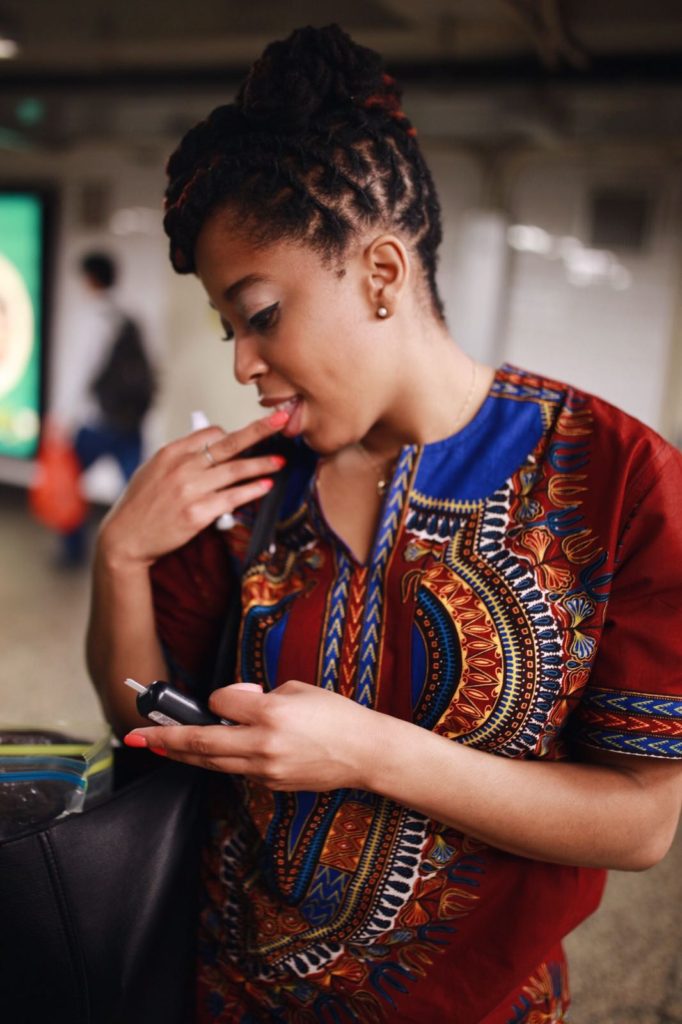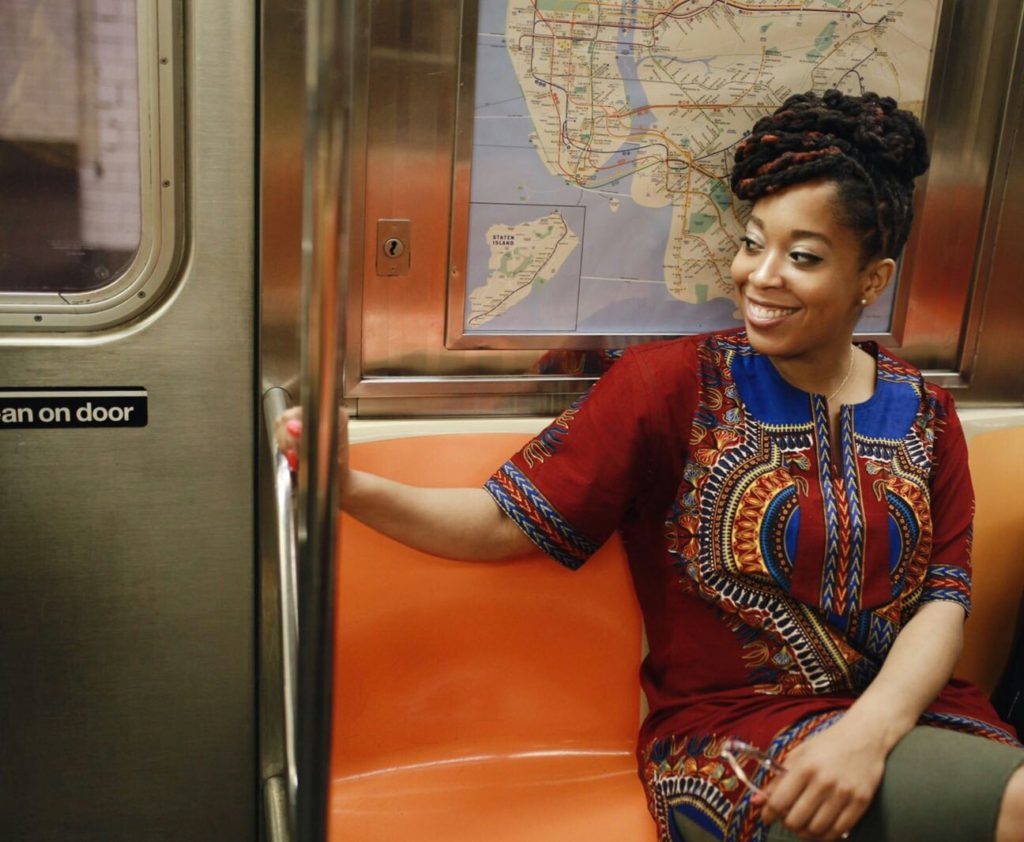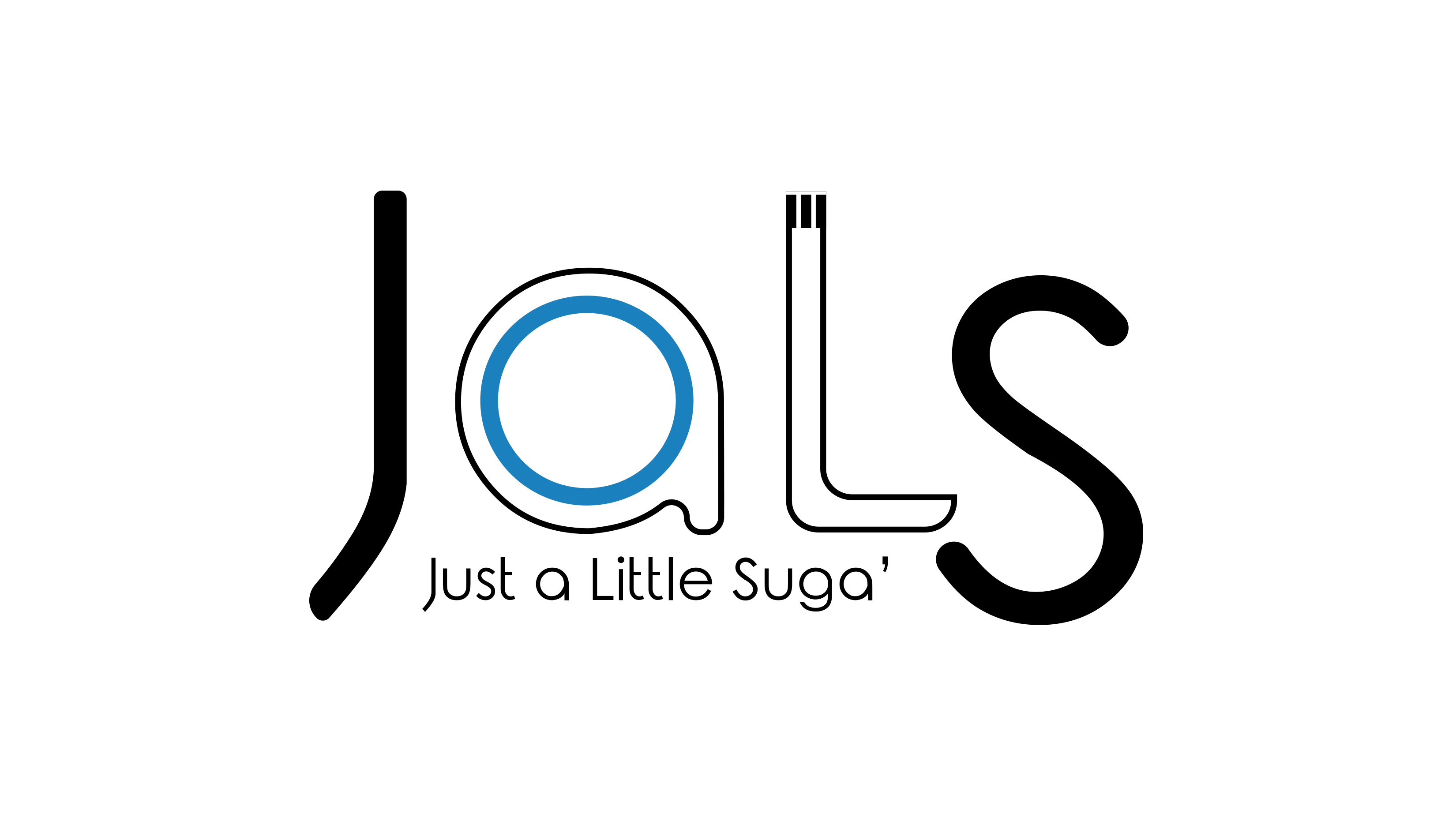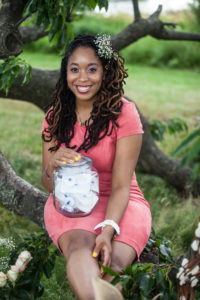Black Panther: A Reflection on Blackness and Diabetes Platforms
Two weekends ago, thousands flocked to the opening of “Black Panther”, a highly anticipated film for a multitude of reasons. The most salient of these, being its depiction of an African king as Marvel’s and cinematic screen’s first culturally-affirming black super hero. Viral videos and GoFundMe campaigns attest to the significance of this moment. Beaming black kids squeal and dance after learning of school-funded “Black Panther” trips and friends and families robed in African garb attend movie premieres. These moments display the pervasive joy and pride of black folks everywhere. To understand the significance of this movie, one needs to look no further than the unique and oppressive history of Africans and their descendants within America. Since being forcefully plucked from their native lands and subjected to slavery, blacks have endured years of systematic oppression in the form of black codes, Jim Crow laws and second-generation discrimination.
Considering this, one of the primary reasons for “Black Panther’s” success is its emergence as a counter-narrative to painful and dysfunctional representations of black life. By normalizing the presence of black royals, diplomats and scientists—“Black Panther” breaks the mold. It is also an intentional affirmation of the richness and beauty of black culture. In reflecting on the importance of “Black Panther” and its bold and positive portrayals of black bodies, I shift my attention to the online diabetes community. The buzz surrounding “Black Panther” has sparked conversation around the value of representation within and beyond the cinematic sphere. And though it may seem like a stretch and a disjointed connection, it’s also led me to wonder about the power of diverse and positive portrayals of people living with chronic disease, specifically diabetes.
The power of “Black Panther” is in its ability to aid black and brown people’s imagination of themselves in spaces where they have previously not existed (Carvel Wallace, 2018). “Black Panther” attests to the power of representation done right. It ultimately evokes thought provoking questions, such as– What if Africa had never been touched by the pulls of colonialism? What richness and resources could Africans own and produce that would allow for self-sufficient nations? These ‘what ifs’, and alternative outcomes birthed by an empowering depiction of blacks on screen, led me to envision an alternative reality within the diabetes community as well. Specifically, it made me wonder—what impact would the online diabetes community have if it espoused this rhetoric of diversity, and committed itself to highlighting the stories of black and brown diabetics fighting to live well with this disease? How can these diabetes platforms work to counteract the negative associations between blackness and diabetes?
To be transparent, I am often disheartened by the homogenous nature of online diabetes communities. Those who are most vocal about their daily struggles of life with diabetes do not look like me. Certainly, the incidence of type-1 diabetes is higher among non-Hispanic whites than other populations of color. But, when we factor in the presence of type-2 diabetes, we find that the overall prevalence of diabetes and its adverse effects is most rampant within communities of color. Blacks are twice as likely to be diagnosed with diabetes than non-Hispanic whites, and are also twice as likely to die from the disease. No wonder my perception of what it means to be black and diabetic is discouraging at times. I’ve heard and been touched by so many stories of diabetic complications and premature death.
When I look at those bold advocates who shamelessly share their stories, I know they are not to blame for the absence of voices of color within the online diabetes space. Rather, a combination of lived experiences coupled with systemic and structural barriers, like social, economic, cultural and environmental ones—help explain the absence of black voices on the web. For some, a history of medical racism (experimentation on black bodies and the devaluing of black pain), has resulted in feelings of mistrust and disregard for medical professionals. Lack of access to quality health care facilities or affordable health care translate to reduced opportunities for preventative care. Structural barriers including unreliable transportation and the pervasiveness of food deserts within communities of color, coupled with differences in cultural views and habits—e.g, health as a private matter, denial, hope in spiritual healing– result in dismal outcomes. Furthermore, technological and health illiteracy, lack of internet access and a failure to view social networks as more than a tool for surface-level chatter, can also explain the perceived absence of black and brown people sharing their stories of living well with chronic disease, and diabetes on social platforms.
When considering diabetes outcomes, many of the aforementioned factors contribute to existing racial disparities. They can also explain why we don’t see more people of color talking openly about their diabetes. If various social, cultural or structural factors, lead me to struggle with diabetes “management”, or if the health care system or medical professionals leave me feeling disempowered and uninformed—I may wonder, who am I to take up space within the online diabetes community? What benefit does speaking candidly about my disease bring to me?
Now, don’t get me wrong—just in the last year and a half of immersing myself within the online diabetes community, I have connected with some phenomenal diabetics of color (Anjellica of Heeling Diabetes, Cherise of @SweeterCherise, ReeRee of @CoolReeRee @ Phyllisa of Black Diabetic Info, Amshi of Living Diabetter) and Aisha and Gloria, my own diabestie tribe, to name a few). A few of their pages were easy to come across, while others required much more digging. Their appearance, while greatly appreciated has also made me wish there were more of us. It has made me wonder—what can we do to increase the visibility of people of color on online diabetes platforms? What can we do to encourage them to speak more openly about their experience?
At this juncture, I have two suggestions. My first, is to encourage online health communities, diabetes advocacy groups and health care systems to be more intentional about seeking out and encouraging the narratives of people of color. Do you know a black or brown diabetic? If so, confer with them, invite them into your advocacy space and ask them about their network! The same way I peruse Instagram and Facebook nightly for faces that look like mine, is the same way these groups and organizations can employ Diversity and Inclusion managers and open up their leadership structure to more people of color (not just the token minority board member!) It is only through intention that we can ensure more representative diabetes platforms that speak to the far-reaching impact of this disease and the diverse experiences of those touched by it.
My second suggestion is for those black and brown diabetics who are shamelessly telling their stories–continue to do so, family! And as you share, encourage someone else to do the same. By spreading positive narratives of individuals of color striving to manage their diabetes, we are working to counteract the adverse relationship between diabetes and certain marginalized communities. By putting ourselves on display, we are creating a future where to be black and live well with diabetes is normal, where a diabetes diagnosis does not equate to sure premature death or unfortunate complications. Just as in “Black Panther,” whether intentionally or not, black and brown advocates are working to imagine ourselves in a space where we have previously not existed—HEALTHY and WELL, in the context of diabetes!


Photography by Alfred Sarpeh


Yass, Yass, and yasss! I’m here for all of this.
Very powerful post, and much needed. Thank you for sharing your thoughts, feelings, and experiences and for offering some ideas for how we can collectively improve the space. Count me in.
Thanks, Scott for your encouraging comment. Heartwarming to hear that you’re willing to engage in these efforts!
Yes Soror!!!!!
*Blushes*, thanks love!
Yes!! Tell it. Your pictures are spot on…beautiful.
Thanks Phyllisa, I appreciate your support =)!
Glad for your voice!
Thank you =). I’m trying!
Thank you for this. And I want to be part of the tide that raises all boats. Please count me in as someone you can count on.
[…] can’t remember how I stumbled onto Just a Little Suga’, but after reading Ariel Lawrence’s take on Black Panther, I was hooked on her message, her writing style, and her honesty. Ariel took me up on my offer to […]
Although this was written almost a year ago, please count me in too!